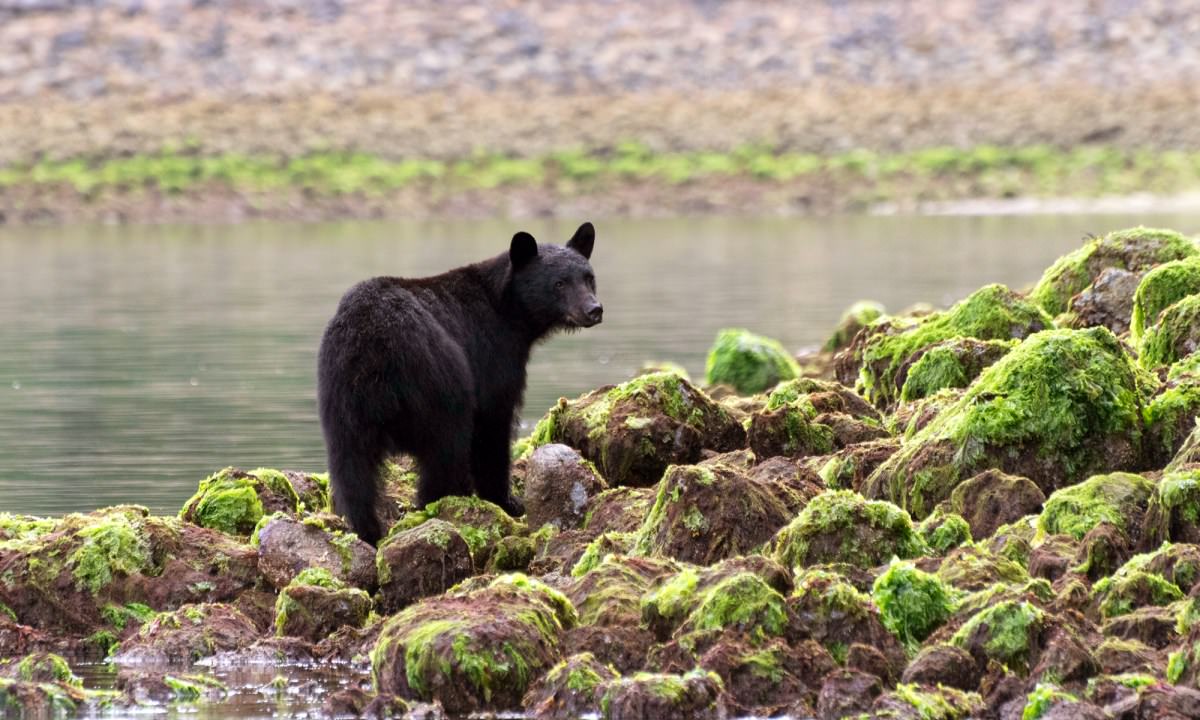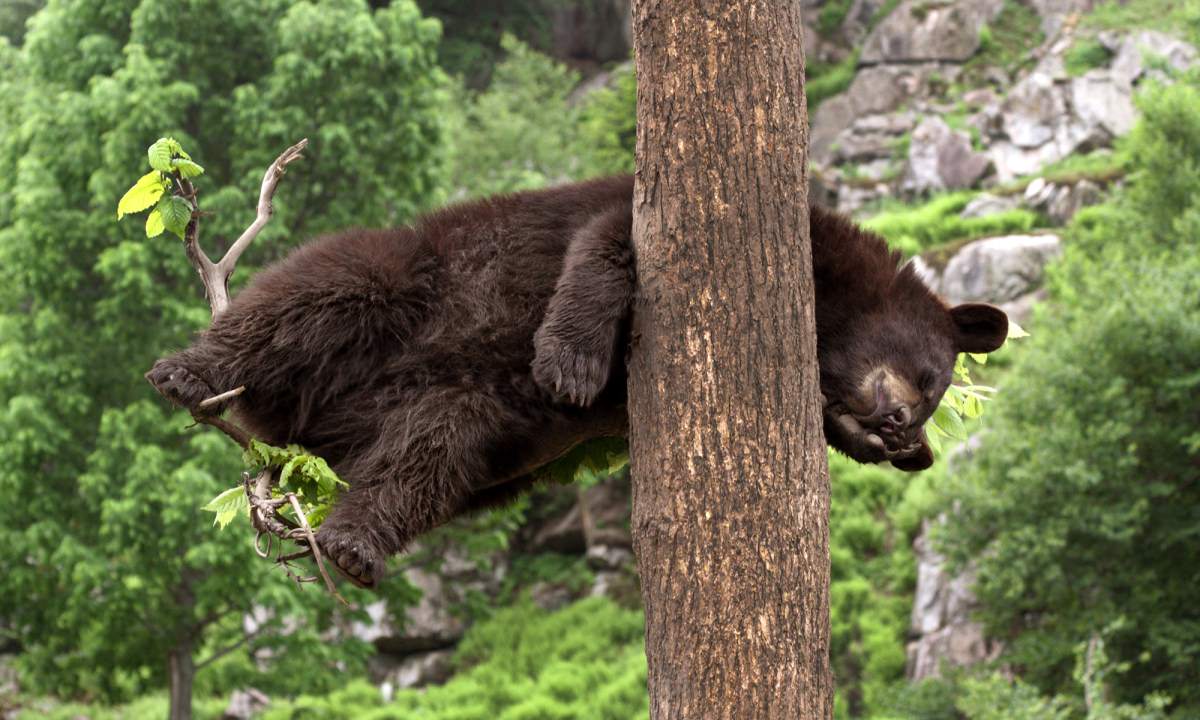Camping in black bear country can be an enjoyable and safe experience if you have the proper knowledge and attitude. Use these tips to stay safe while preparing for your next outdoor adventure.
Be Bear Aware
Before leaving the trailhead, you should know if there are bears in the area. If the answer is yes, keep your eyes open for evidence they’ve been using the area recently. Tracks, scat, rocks that have recently been overturned, and clawed trees can tip you off that you may not be as alone as you think you are.
Select the Right Site
Select a campsite well away from fresh bear sign. Also, try to avoid setting up camp near popular bear food sources. These include soft mast like apples and berries, hard mast like acorns and pine nuts, and tender green growth. Camping away from established campsites (where legal) will also reduce the chances of a hungry bear scrounging around your campsite for a meal. If possible, your sleeping and cooking areas should be located a minimum of 100 yards apart.

Don’t Feed the Animals
The biggest mistake campers make when sleeping close to bears is improper care of their food. Bears are opportunistic feeders and are likely to raid coolers, cars, campers, or tents if they feel they can get an easy meal. This is especially true of bears that live near high-use campsites and have become habituated to humans. All food should be stored in a bear proof container well away from your cooking and sleeping areas. If such a container is unavailable, use a rope to hang your food at least 10 feet off the ground and four feet from the nearest tree trunk. Don’t forget that things like pots and pans, cook stoves, and empty food containers give off much the same odor as the food itself. Store these items accordingly.
Don’t Get Too Close
The fact that a camping area is “wild" enough to hold bears is often what attracts us in the first place. Seeing a bear in the wild is a fascinating and exciting experience, but things can get dicey fast if you don’t keep your distance.
There are many ways to avoid a “too close for comfort" encounter including:
- Make Noise While Hiking: Those hiking with a companion can simply carry on a conversation. Solo hikers should hang a bell or other noise maker from their pack.
- Keep Kids and Pets Close: These small “critters" are more likely to trigger a predatory response from a bear.
- Stay on the Trail: Most bears don’t want a bear/human encounter any more than you do. They know where the trails are and avoid them (and you) during daylight hours.
- Pay Attention: It’s a lot easier to surprise a bear just after a curve in the trail or near a creek or river where both you and the bear’s hearing are impaired. Keep your eyes open and stay alert when entering these types of situations.
- Carry Bear Spray: A blast of pepper spray will often turn a curious or aggressive bear in the opposite direction. Carry a can and use it only as a last resort.
What If I’m Already Too Close?
As mentioned, most bears aren’t out to get you. Announce your presence by speaking softly (but loud enough for the bear to hear you) and waving your arms. The bear will likely run away. If the bear starts moving toward you, DON’T RUN. Running away makes you like prey. Instead, continuing speaking and waving your arms and start backing slowly away from the bear.
When the Worst Happens
While rare, Black Bear attacks do happen. If you are carrying bear spray, use it. If not, stand your ground. Throw sticks and rocks in the bear’s direction and get more aggressive with your verbal warnings (the color commentary is up to you) as the bear gets closer. If the bear comes all the way, fight back. Get dirty with eye gouges and use whatever impromptu weapons you have available. Do everything in your power to make the bear want to leave. It almost always will.
